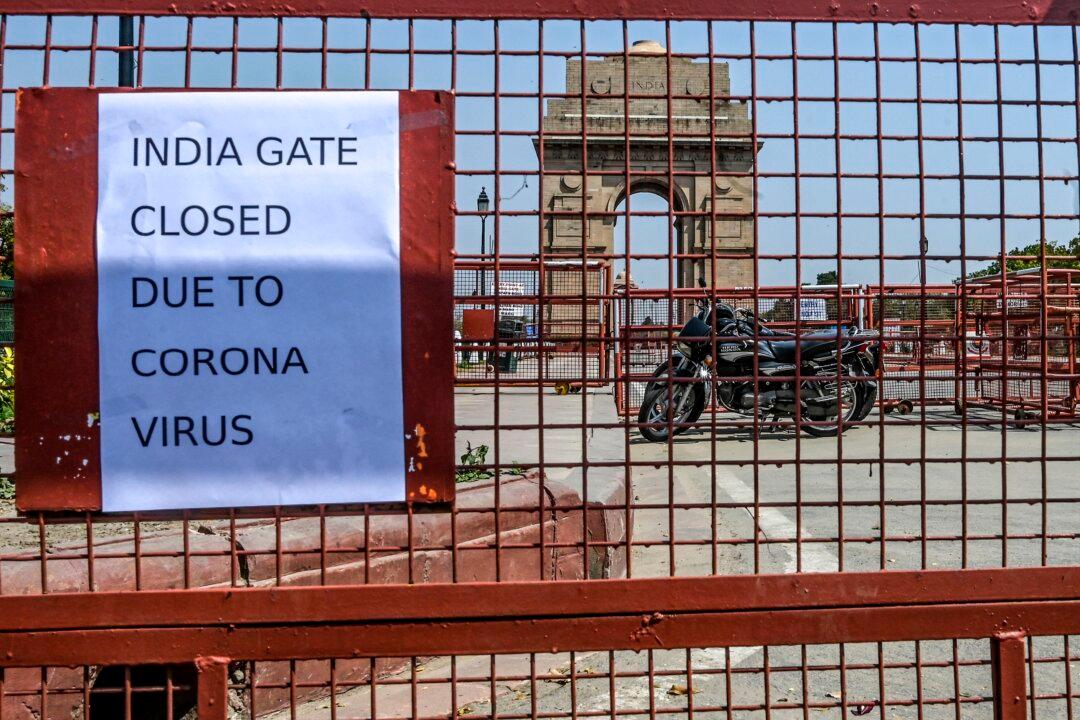NEW DELHI/COLOMBO, Sri Lanka—Prime Minister Narendra Modi appealed to citizens to stay home and avoid panic buying, even as India outlined plans to halt all international flights and rushed to stem the spread of the CCP virus in the country.
The Epoch Times refers to the novel coronavirus as the CCP virus because the Chinese Communist Party’s coverup and mishandling allowed the virus to spread throughout China and create a global pandemic.





